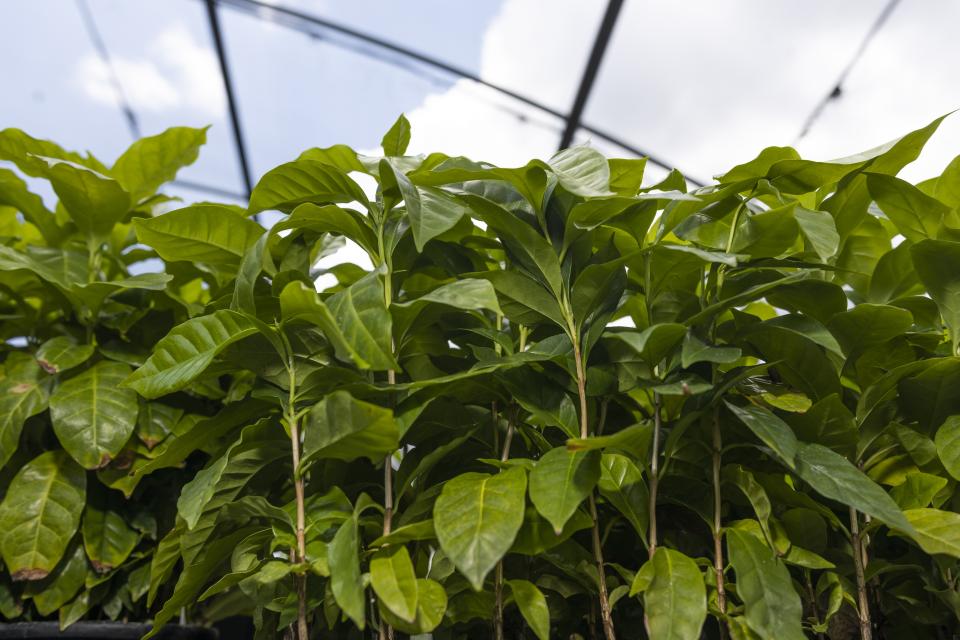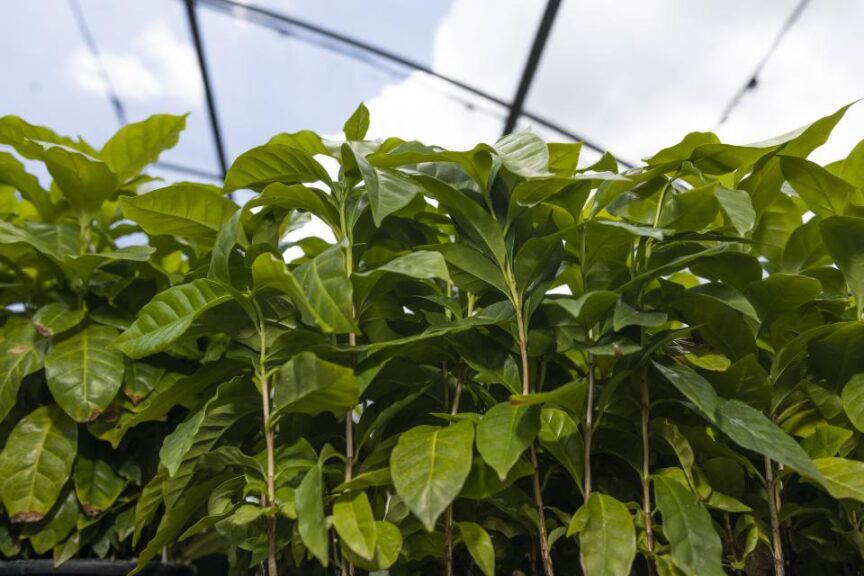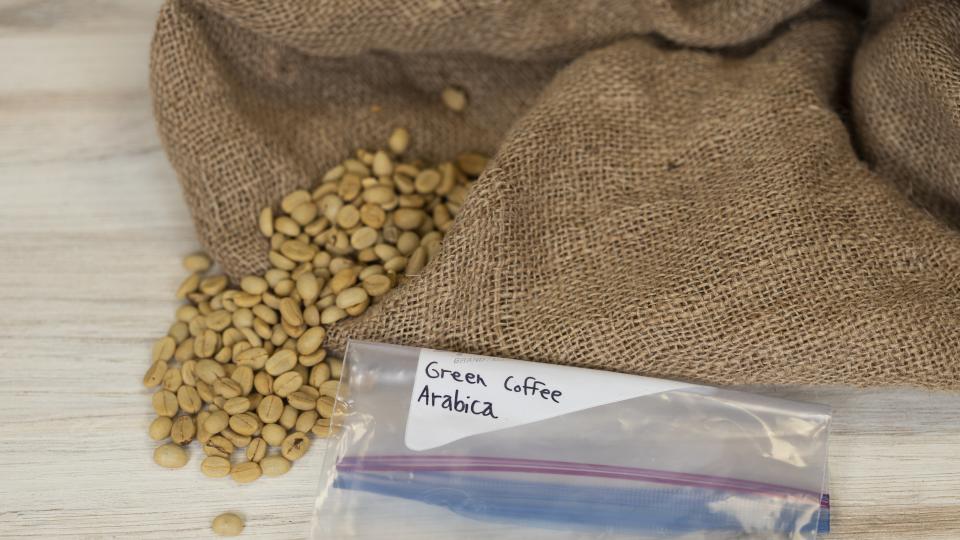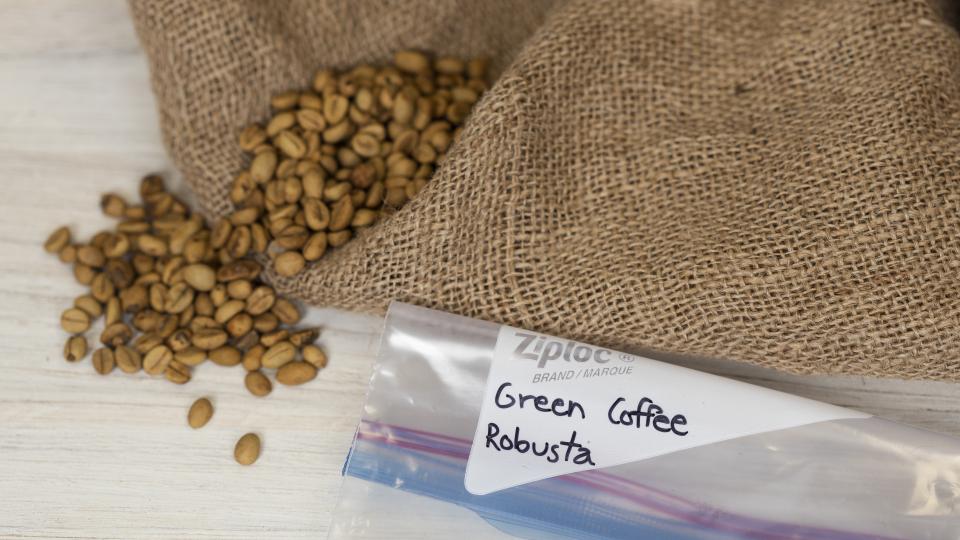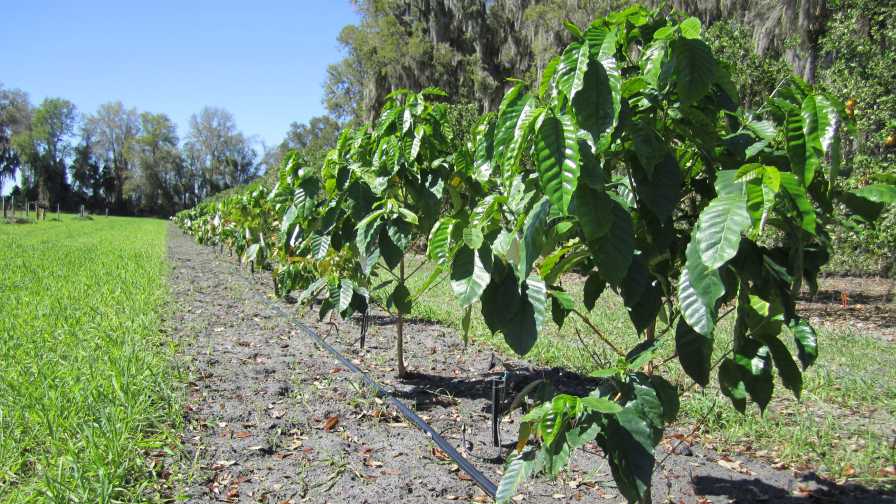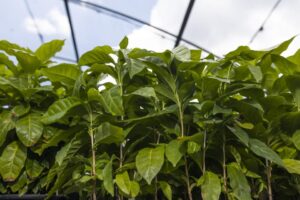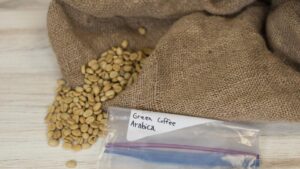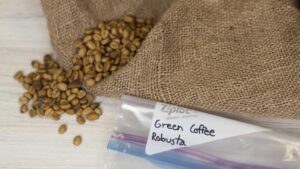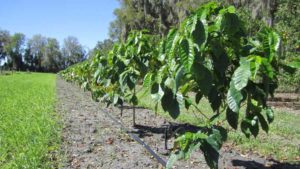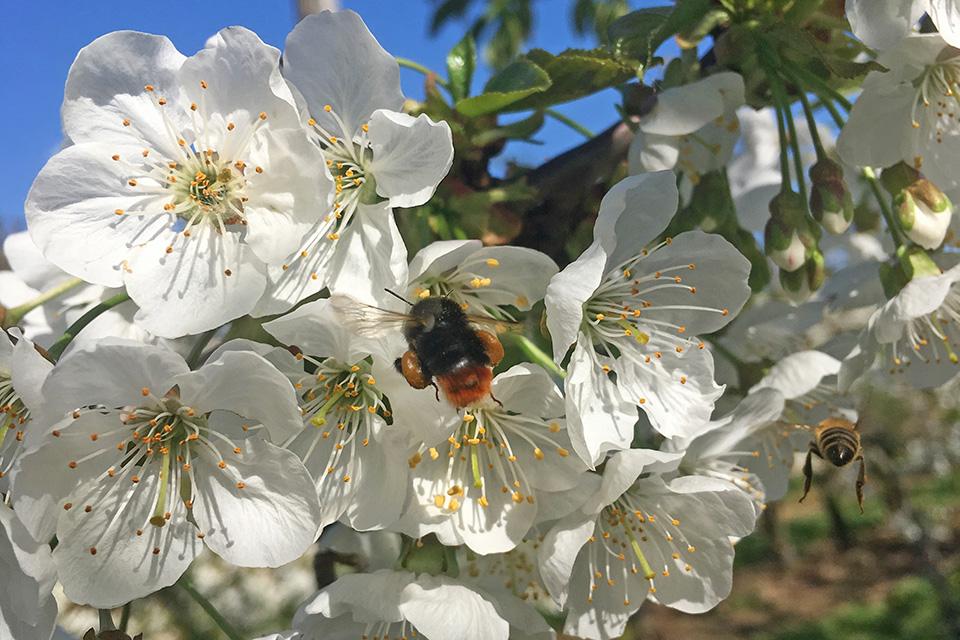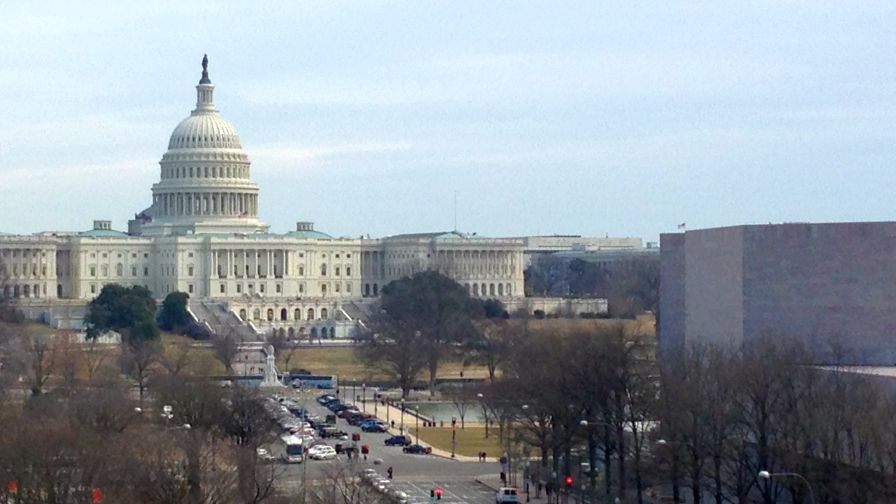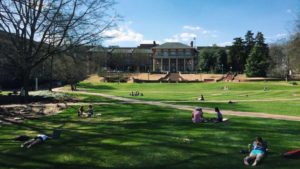Perking up! New Progress Brews Around Growing Coffee in Florida
Coffee lovers (myself included), raise your mugs! New endeavors from the University of Florida (UF) are aiming to not only establish coffee as a commercial crop in the Sunshine State, but also growing into a global hub for coffee research. Multiple projects involving production and flavor are brewing to find success.
UF/IFAS researcher Felipe Ferrao is leading the studies. “We have the laboratory expertise to determine the full genetic makeup of different coffee varieties,” Ferrao says. “The University of Florida also has an ongoing artificial intelligence initiative, so combine this with our access to the HiPerGator supercomputer, and we could lead the way in improving coffee production and flavor.”
The first project revolves around one important question: Will coffee grow in Florida? For the past year, scientists have grown about 150 coffee plants in a greenhouse on UF’s Gainesville campus, and the plants are about to be exposed to Florida’s elements.
“It’s a simple ‘yes’ or ‘no’ answer we’re seeking in this first phase,” Ferrao says. “Determining what will grow is the first step to identifying the plants most adaptable to Florida’s conditions.”
Researchers obtained Arabica and Robusta seeds from a Puerto Rican collaborator (Puerto Rico Coffee Roasters). The territory is one of few U.S. locations that has found success growing the plants. Now, the plants are headed for three fields: one near Gainesville, another at the UF/IFAS Indian River Research and Education Center in Ft. Pierce, and at the UF/IFAS Tropical Research and Education Center in Homestead.
While Arabica might be preferred by most coffee drinkers, Ferraro notes it is not as productive as Robusta. In addition, Arabica plants also are more susceptible to the challenges of climate change in the regions where they have long been produced. Florida’s climate won’t necessarily make for more favorable growing conditions, though. The North Florida (Gainesville) plants will grow in containers under high tunnels. Plants in the Central (Ft. Pierce) and South Florida (Homestead) locations will be in the ground in open fields.
“As an exploratory analysis, we should see some level of success or failure in each field by the end of this year,” Ferrao says. “Our follow-up questions will be to understand the behavior of the plant in these new conditions; then the flavor of what we can grow here in Florida; and finally, maybe most importantly, whether it can be profitable as a crop.”
The project is funded by the UF/IFAS Research SEEDIT Program, which supports research in emerging agricultural enterprises.
A second project, dubbed “DeepFlavor,” is using artificial intelligence to predict and understand flavor preferences. It combines traditional consumer sensory panels with deep learning technologies. The work is being incorporated into existing breeding programs, like blueberries, to identify the chemical components that match what consumers indicate they enjoy.
In the first round of the coffee test, panelists ranked a Robusta variety highly. Of the nine total and three Robusta options offered to the panelists, a Robusta variety finished second overall.
“For years and years, Robusta was considered bad coffee – grows well, high caffeine content, but its wide diversity of flavors was not explored,” Ferrao explains. “We can now say that almost 300 consumers on this panel did not agree. Some Robusta growers are focusing on quality, and both specialists and regular consumers are recognizing it. Now, we’re trying to understand the chemical and genetic attributes that make consumers say they enjoy it more.”
This could be important to the coffee-growing research project. Ferrao suspects Robusta varieties might grow most successfully in Florida conditions.
A third project revolves around finding genes behind coffee flavor.
“We know the environment it grows in is super important, how the beans are harvested, how they’re roasted, how they’re brewed,” Ferrao adds. “But the genetic profile creates the chemicals that determine flavor in the end product.”
Ferrao partnered with scientists at Instituto Capixaba de Pesquisa, Assistência Técnica e Extensão Rural (Incaper) in Brazil. His lab received leaves and green coffee beans from Arabica and Robusta plants grown in Brazil. In the initial research, which was recently published in a Crop Science Society of America journal, scientists note improvements in Robusta varieties could be accelerated using breeding methods informed by genetic sequencing.
“Coffee production needs to adapt to a changing climate, and knowing the plant’s full genetic profile could hold the keys to that,” he concludes.




